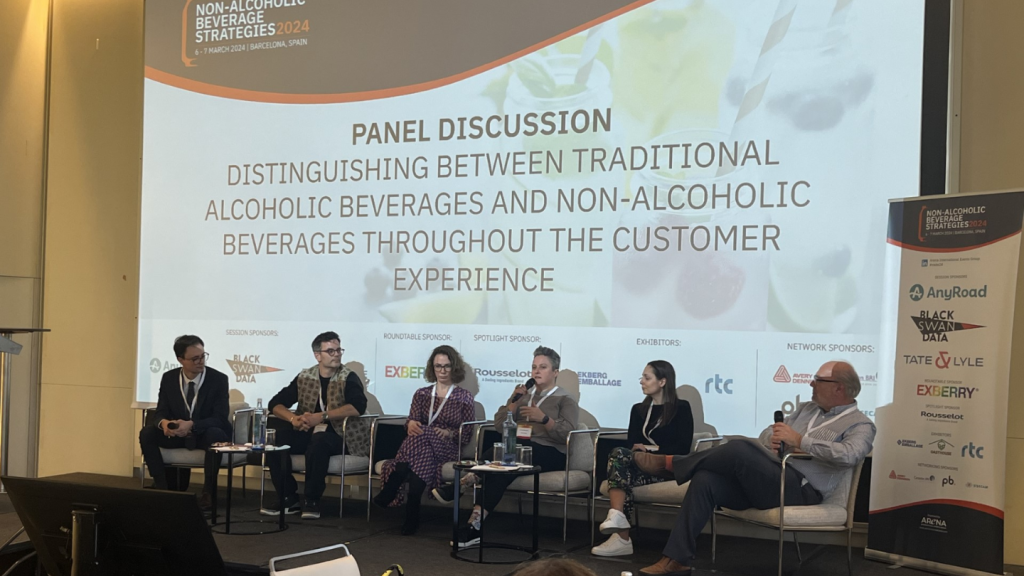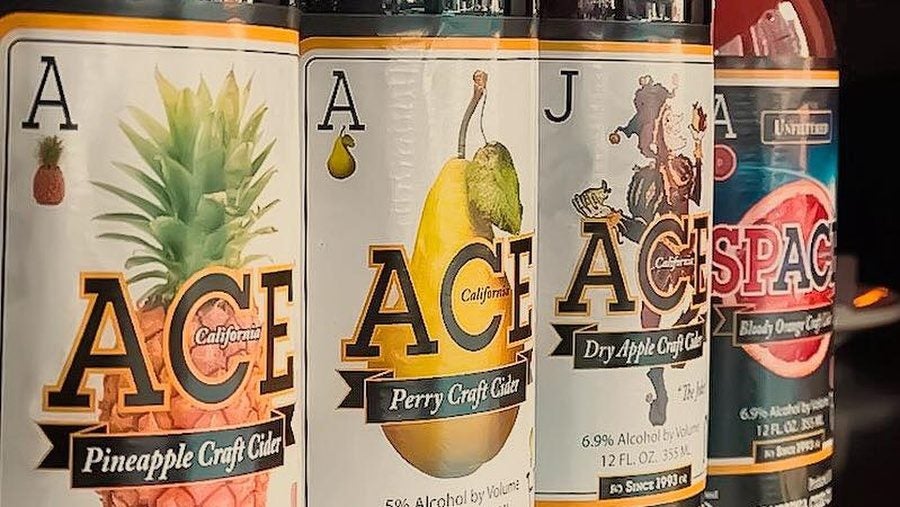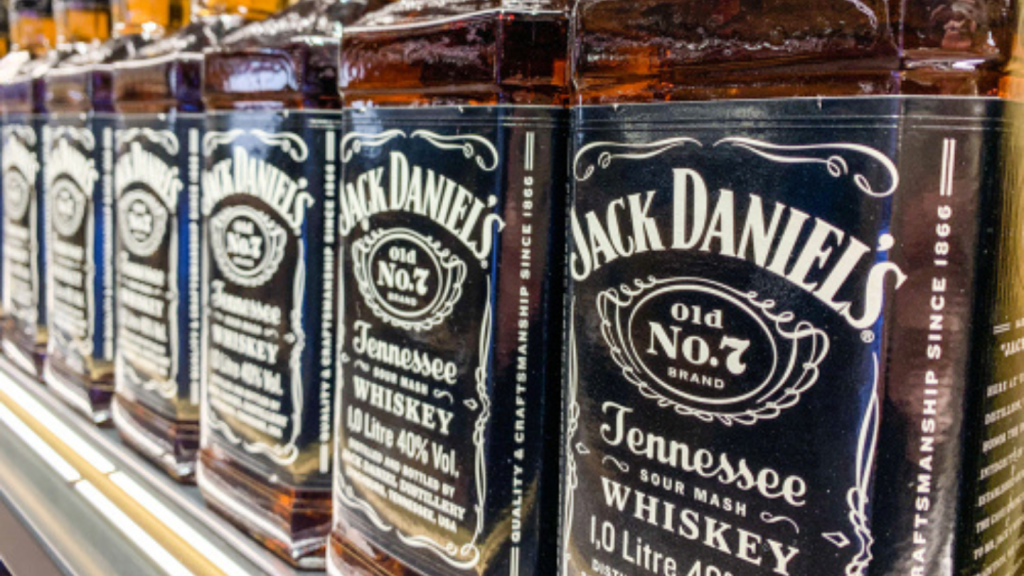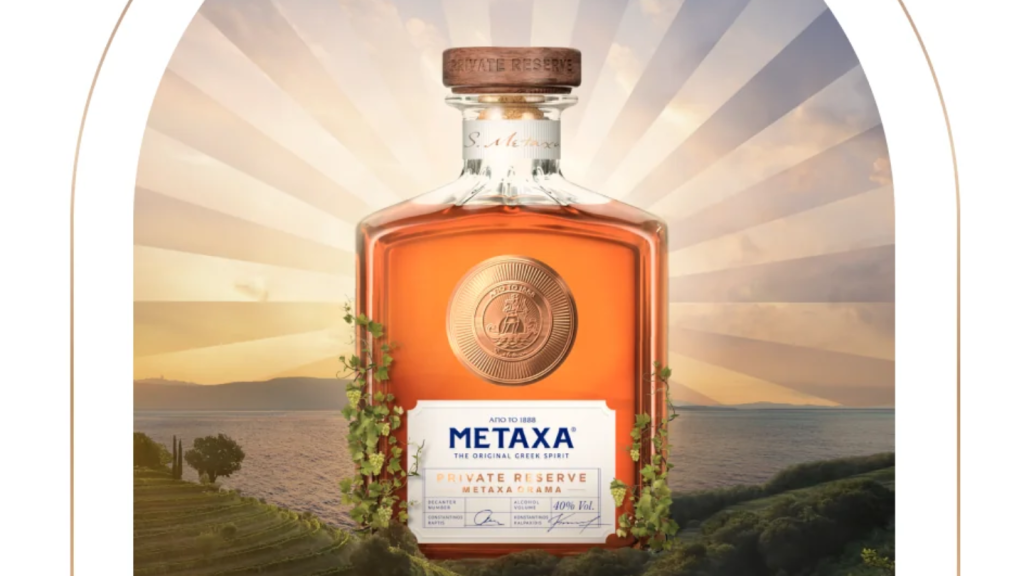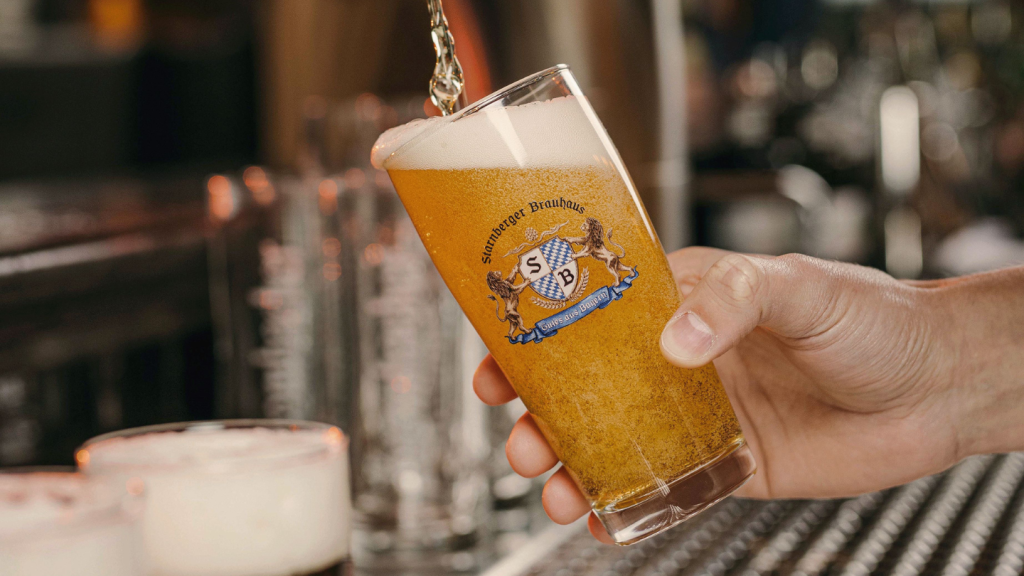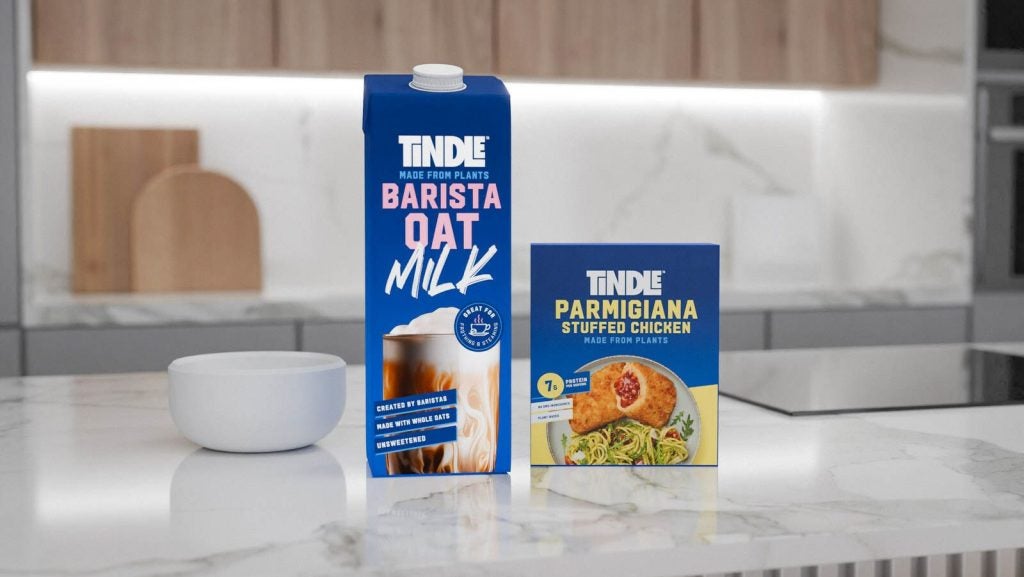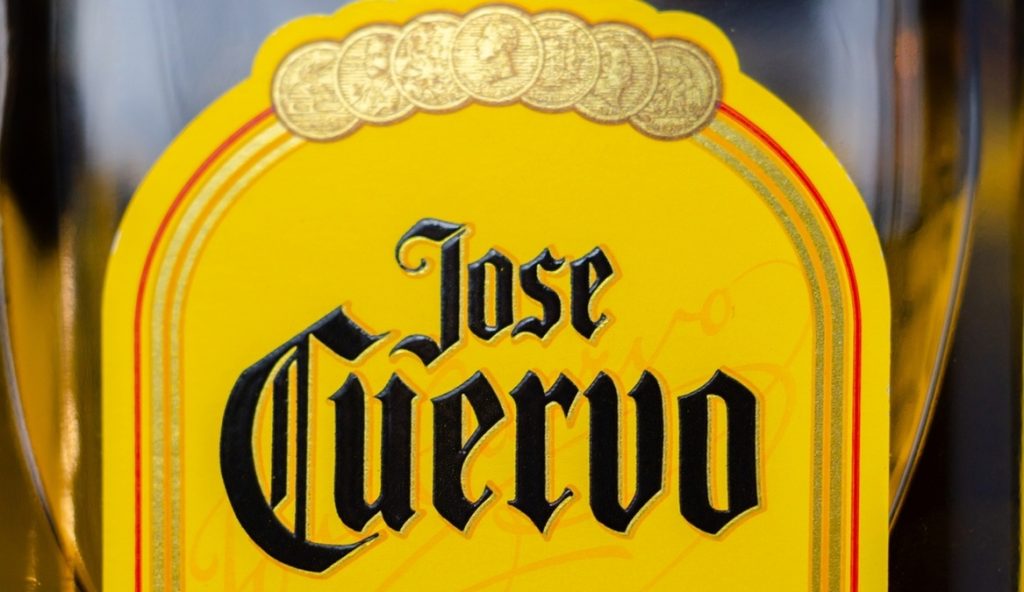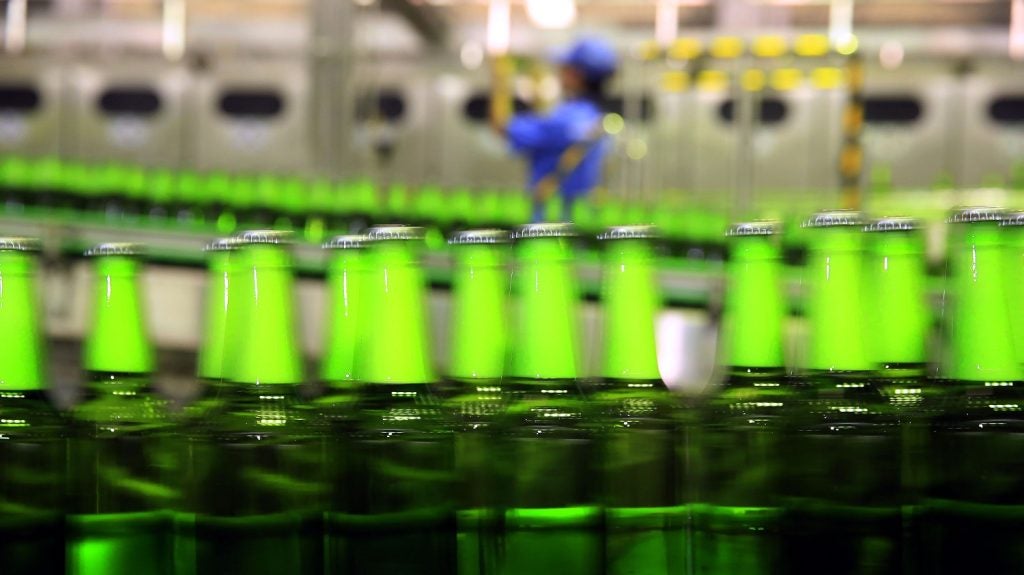The UK government should alter the threshold for labelling a beverage as “alcohol-free”, according to Club Soda’s founder Laura Willoughby.
A public consultation on labelling rules was announced last September by the UK government. It called for feedback on a proposal to raise the threshold for an “alcohol-free” drink to an abv of 0.5%, hoping to make alternatives to alcoholic drinks more widely available and popular.
Currently, “alcohol-free” drinks in the UK must have an abv of 0.05% or less. Meanwhile, “low-alcohol” refers to any product with 1.2% abv or below.
Willoughby, the co-founder of the alcohol-free retailer and bar Club Soda, has said that the consumer currently believes “alcohol-free” drinks must have an abv of 0%.
She said the rules should change to allow no-and-low companies to grow.
“Really, if the category wanted to come together, everybody would talk about 0% to 0.5% [abv] being alcohol-free and there being a range of products within that,” she said during a panel discussion at Arena International’s Non-Alcoholic Beverage Strategies Conference 2024 in Barcelona yesterday (6 March).
“I wouldn’t say that everybody is exactly on the same page. I’d love for everybody to be on the same page because I think, in the longer term, that’s where the growth and choice will be.”
Morten Sørensen, founder of Danish non-alcoholic company Ish, agreed with the Club Soda founder and said every company should try to make it “more smooth and make it easier, especially for the consumer”.
The proposed 0.5% abv threshold for the UK is in line with other countries, including the US, Denmark, Germany, Australia, Sweden, Portugal and Belgium.
Major beverage companies like Diageo and Heineken offer variations of their flagship products at an abv of 0.05%, such as Gordon’s 0.0 and Heineken 0.0. However, many independent ‘low alcohol’ brands come in at an abv of 0.5%, such as UK-based Lucky Saint beer.
Willoughby also said there is not “any government who’s looking to ban alcohol here” and they are more focused on “harm reduction strategies”.
In January, a UK survey showed a jump in low-and-no alcohol alternative consumption among young adults in 2023 compared to the previous year.
London-headquartered market research firm YouGov partnered with industry-funded social-responsibility body The Portman Group for the survey, which showed 44% of 18- to 24-year-olds consider themselves either an “occasional or regular drinker of alcohol alternatives”, compared to 31% in 2022.
Meanwhile, across the pond, the value of the nascent US non-alcoholic spirits market could hit $13.3m by 2027, led by growth in the on-premise.
Worth an estimated $8.93m in 2022, the US sold approximately 32,222 nine-litre cases (equal to 290,000 litres) of non-alcoholic spirits that year, according to analysis by GlobalData, Just Drinks’ parent company.


